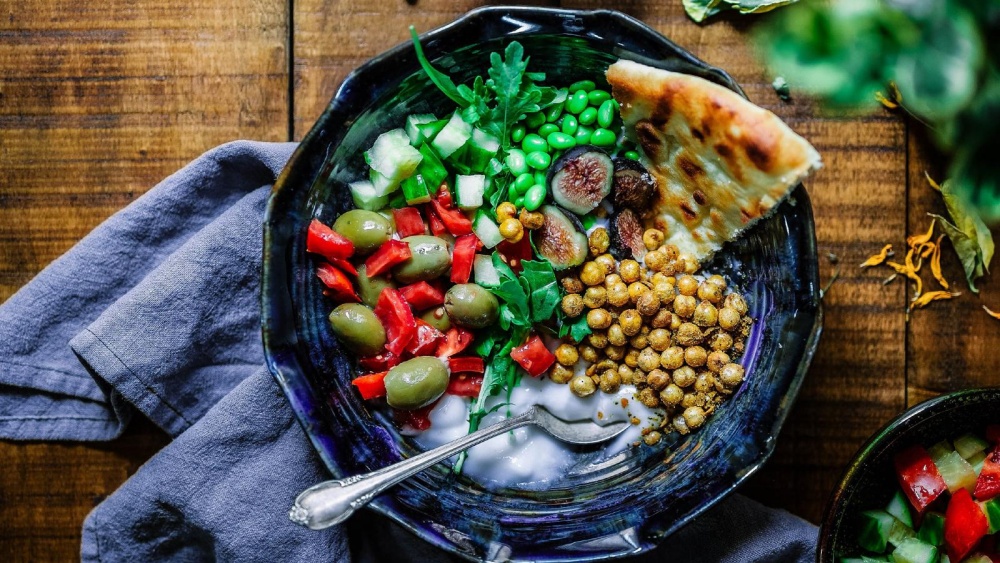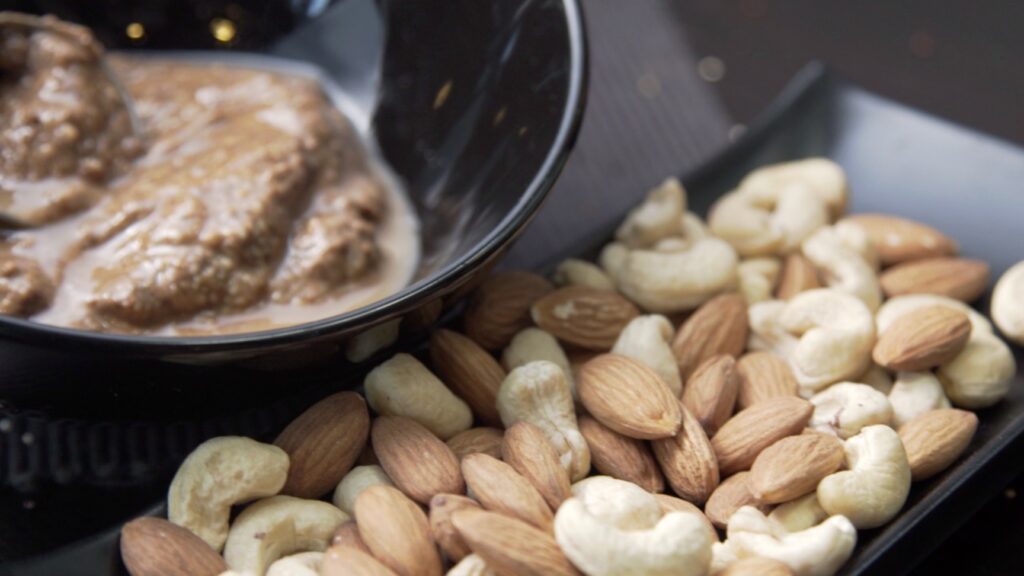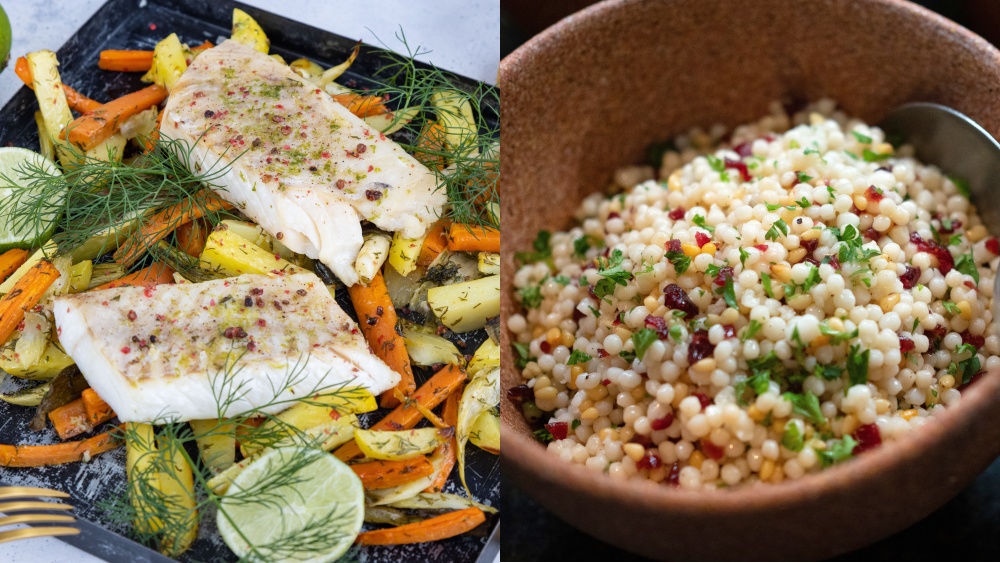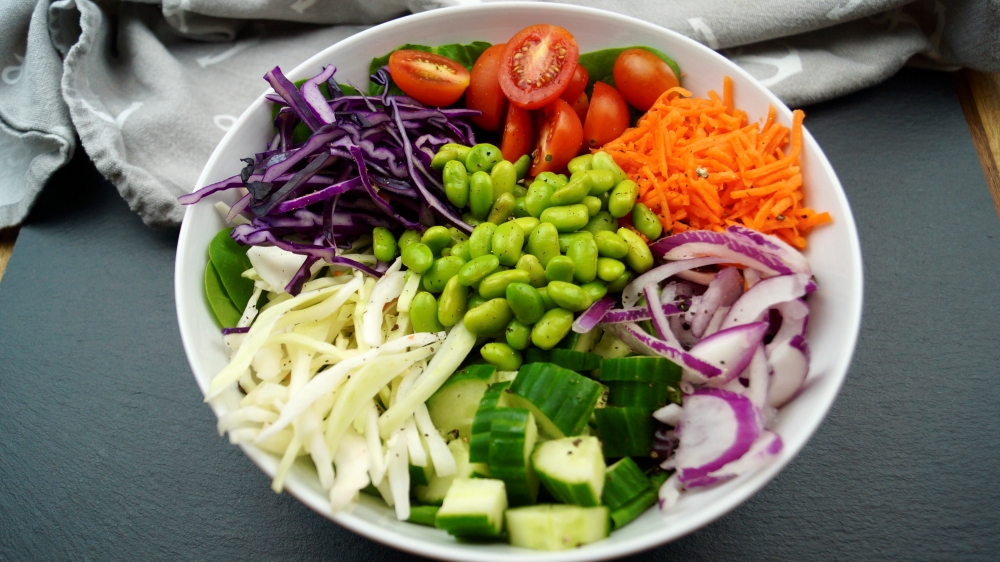Everyone wants to lose weight, get fit, and lead a healthier lifestyle. People will go to great lengths and make great sacrifices in order to reach their goals. One of those sacrifices, for some, involves giving up meat.
Some people do it based on their personal convictions and principles when it comes to consuming meat. But others do it because it’s perceived as a “healthier” option. But giving up meat entirely for plant-based protein alternatives may be a little extreme, don’t you think? However, there are indeed many benefits to opting for plant-based proteins as opposed to traditional animal protein.
Substituting meat for plant-based proteins can improve gut health, making your body a better absorber of nutrients from food to help support your immune system and decrease inflammation. The high amount of fiber in plant-based proteins also lowers cholesterol levels and stabilizes blood sugar. It can give you smoother digestion and better heart health.
Many studies have shown that plant-based diets are a great facilitator for weight loss and can even help you manage Type-2 Diabetes. These are just some of the many amazing benefits.
Should you switch to plant-based proteins? Let’s analyze the reasons.
Today, Evolve Daily takes a closer look at some of the many benefits you can reap from switching to plant-based proteins.
Why go plant-based?
Well, for one, it supports your immune system, which is so important these days. Having the confidence that you can protect your body from germs, microorganisms, and bacteria is great for your peace of mind.
Plant-based protein contains essential nutrients that aren’t found in meat or other foods. The vitamins, minerals, antioxidants and phytochemicals found in plants foster healthy cell reproduction, keeping your immune system fortified.
At the same time, the nutrients found in plant-based protein help to reduce inflammation in your body caused by free radicals found in processed food, pollution, and more. Of course, prolonged inflammation is damaging to the body’s cells and tissue, and no one wants that.
A healthy immune system can even greatly reduce the risk of cancer.
All in all, you stand to benefit a lot from a switch to plant-based proteins.
Maintain a healthy weight

Proteins are one of the four essential macronutrients, providing a diverse range of functions in the body. In nutrition, it provides the much-needed amino acids needed to build and repair muscle.
You can’t build muscle without a good amount of protein, and your muscle recovery slows down when your body lacks dietary protein. Protein reduces muscle soreness that comes after a particularly intense training session, so a good protein load can have you back in training stronger and sooner.
Moreover, since it is very filling and has fewer bioavailable calories than carbs and fat, it is an ideal component in any weight-loss diet. Protein takes more effort to digest than carbs, so only about 65% of protein calories can actually be used for other purposes.
If you consume mostly plant-based protein, you eliminate many of the foods in your diet that are responsible for weight gain. Couple that with a consistent workout plan, and you’re on your way to achieving your goal weight and dream body.
Furthermore, adequate protein intake also regulates normal blood pressure and modifies risk factors affecting heart health. Whether you’re active or sedentary, protein should never go missing from the usual diet.
What you need to know about plant-based proteins

Plant-based proteins are low-allergen, high-protein products. Granted that, in the past, this type of alternative to animal protein was hard to stomach. Let’s just say it was an acquired taste. The strides made in food development and technology today provide us with a great-tasting alternative.
Aside from this, there are several things to know when using plant-based proteins.
- Plant-based proteins are free from anti-nutrients such as saponins, phytic acids, and trypsin inhibitors. These substances are associated with gastric upset and reduced protein absorption, which are common side effects of the typical whey protein.
- If you can’t absorb protein, you can’t use it, and it just comes out as waste. However, plant-based proteins have high absorption rates. Pea proteins, in particular, have absorption rates of roughly 90%.
- Another thing is that plant-based proteins usually use non-allergenic items such as peas, hemp, and pumpkin seed. In fact, peas are the most hypoallergenic source of protein. There are soy-based supplements, but it’s easy enough to find other alternatives if you’re allergic to soy.
- It is important to note that plant proteins are not exactly complete, meaning that they don’t contain all essential amino acids. However, we get the amino acids we need from varied sources over the course of a few meals.
- They are high in BCAAs, which are known to boost performance, reduce fatigue, and accelerate muscle growth. There’s no need for a separate BCAA supplement with plant-based proteins.
So should you switch to plant-based proteins?
The answer may seem obvious, but the truth is, you should do what’s best for your current situation. Plant-based proteins are great, but they can also turn out to be very expensive, especially if you opt for high-quality products. Furthermore, there are some benefits to that can be gained from including meat in your diet.
But the benefits are too great to ignore. We recommend swapping out a few meals for plant-based proteins every week, just to take in those extra nutrients that your body needs. Maybe you’ll find one that you like and you can make it a staple in your diet.
You may also like:
Diet Wars: Keto vs Paleo vs Low-Carb, Which Diet Is For You?
















